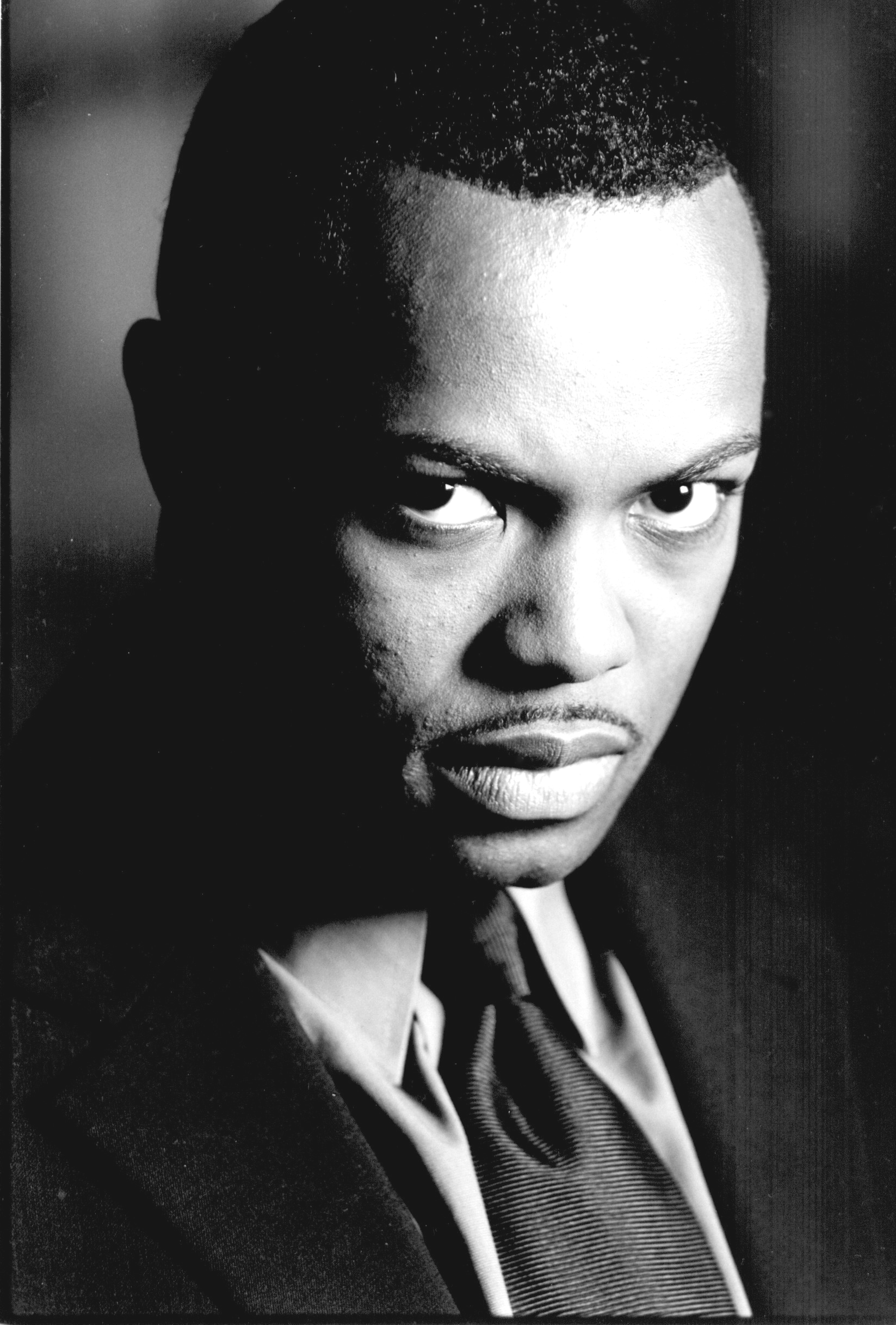
An interview with award-winning filmmaker Louis Mercier
Born in Haiti, and having immigrated to Canada in 1979, Toronto-based filmmaker Louis Mercier has become a role model for merging genuine passion for his craft and hard work. In doing so, he has been making headlines and winning coveted awards. Recently honoured by the Delray Beach Film Festival in Florida (which featured three of his films), Mercier will also be honoured this coming April 29th at the 24th Annual BBPA Harry Jerome Awards for his career achievements.
Dropping by for an interview with AfroToronto.com, Mercier is overjoyed by his Harry Jerome Awards recognition. “For me, it’s like winning an Oscar because it’s from my own people,” he says. Mercier learned of the honour during a networking stop-over in New York following the glorious appearance of three of his films, Toussaint, Delivering Santiago and Perfect Pitch, at this year’s Delray Beach Film Festival. His film Delivering Santiago won the People’s Choice award at the festival. Back in 2004, his film Toussaint (which explores the trials of an interracial romance between a Black man and an East Indian woman) won a festival award for best foreign film.
But the acting bug caught Louis Mercier long before winning those accolades as a filmmaker. In fact, acting is his first love. He recalls to AfroToronto.com how he first knew he wanted to become an actor after watching Eddie Murphy in the Beverly Hills Cop movies. He recalls: “I remember this magical moment where my brothers and sisters were fighting, and yet, when he (Murphy) came on, everybody forgot their problems, and they were glued to the television, cracking jokes. Just the power of entertainment, just the power it had over us, that felt magical for me.”
Mercier got his first acting start in a high school play after a career guidance counsellor at the school encouraged him to audition since he had the talent for making his classmates laugh. But as is the case with many immigrant families, the acting bug did not initially sit very well with his parents. Louis was a gifted student who did well in school, and he was headed to study electrical engineering. So he enrolled in college and then went on to university to do just that. Nonetheless, throughout college, he was doing plays on the side. But when he hit university, aware of the cost of this education and the risk of jeopardizing it, he decided to put acting aside for an entire year. “And for one year, I went straight to school without doing acting and I don’t know what happened, I was doing badly in school, I was failing the grade so badly and I was miserable and irritable.” During that period, he fell ill and lay in the hospital for a week. “And for a week, I was on my back. No books, no television, nothing, just me and myself.” He goes on to say that this is where he had the strong revelation that acting was going to be his calling. He told himself: “If you’re going to be successful, you’re going to be successful doing what you like and enjoy it.”
Not long after leaving the hospital, he enrolled back in college to study acting and theatre this time. After graduating from his program, he set out for Toronto. Using his theatre training, he began working with Trey Anthony and performed in some local plays. “The transition was good even though my English was poor way back when, but for some reason, I felt freer mainly because I wasn’t in my parents' household, so I had more liberty to really pursue acting. It was good; I needed to come here to really do it full-time.”
But working on your passion full-time requires plenty of ingenuity and perseverance. Mercier has tons of that. Using some of the side training he gained from his art college days in Montreal’s Vanier College, he also looked for work in Toronto’s film industry. But many of the roles were becoming predictable. “After coming here and looking to strive as an artist, I felt like only the token roles were given, Mobster #1, cab driver, and your hoodlum type of thing. That was good; it was money, it was work, and I didn’t mind. I don’t mind at all playing Thug#1 because the rent has to be paid. But when the whole community, the whole Black actor community, is striving for Thug#1, there is a problem.
In response to the lack of inspiring acting work, Mercier formed his company Soulion Entertainment (short for Soul of a Lion). I had to take charge of my career, I had to take charge of my destiny. So that’s when Soul of a Lion Entertainment came about. Mercier needed to create a platform to go beyond the generic thug films.
“I have a passion for telling my own stories and also stories that I’ve heard. Because I’m a very sociable person, I love to tell other people’s stories, too. So, I formed Soulion Entertainment with the mandate to tell multicultural stories.




